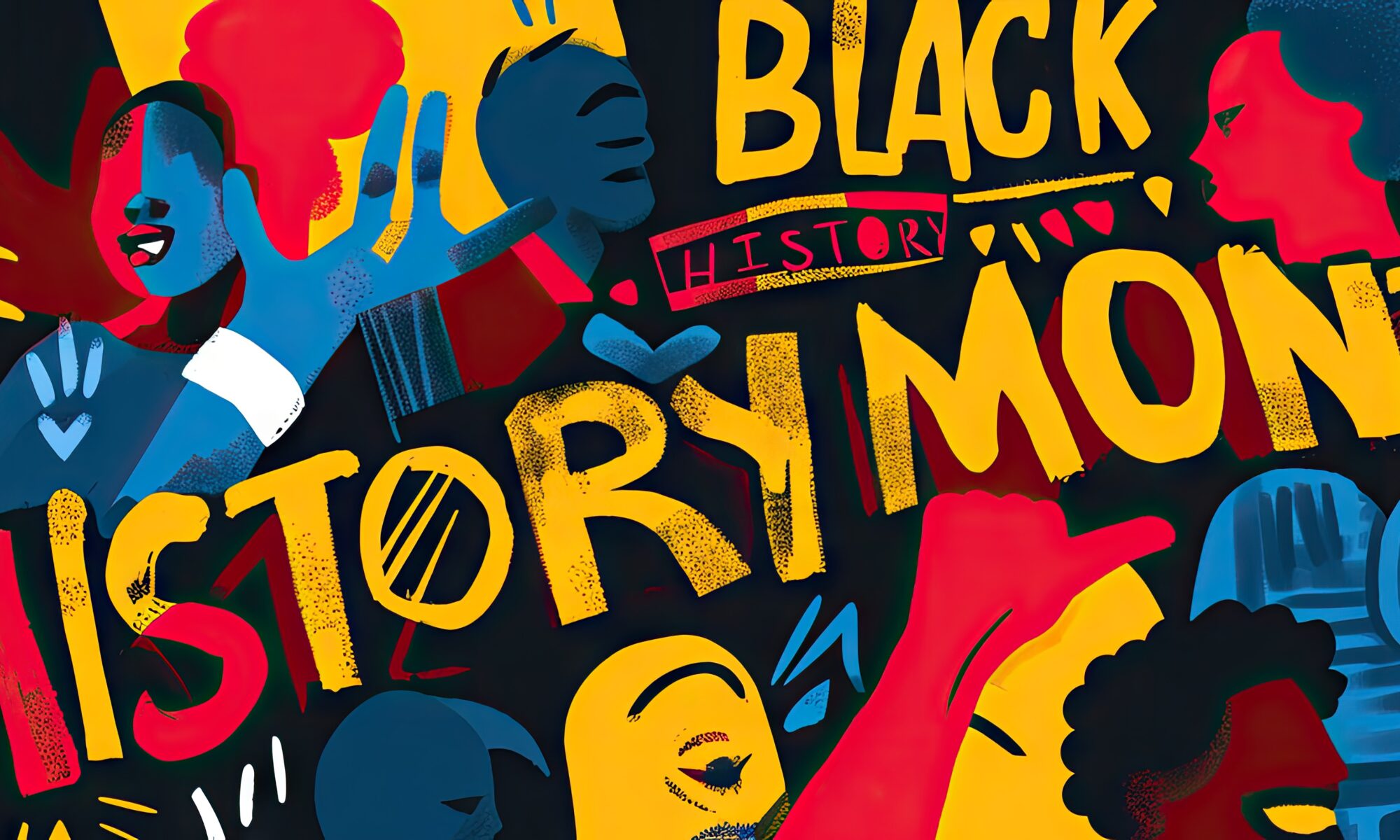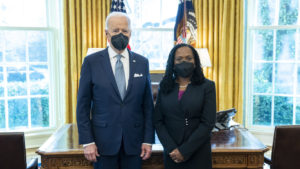ADA Compliance and Telework Requests: What Employees Need to Know
The move toward remote work has redefined expectations in the workplace, but it has also raised important legal questions for employees—especially those living with disabilities. Understanding your rights when it comes to requesting telework under the Americans with Disabilities Act (ADA) is essential. A recent disability discrimination lawsuit $22.1 million verdict in Billesdon v. Wells Fargo Securities, Inc. highlights just how significant ADA protections can be for workers. This guide will explain your rights, outline the steps to take if you need a telework accommodation, and offer resources to help you advocate for a fair and accessible workplace.
Your Rights Under the ADA
The Americans with Disabilities Act (ADA) protects employees who have disabilities and work for employers with 15 or more staff. As an employee, you are entitled to “reasonable accommodations”—changes in your work environment or schedule that help you perform essential job functions or access workplace benefits.
Reasonable accommodations may include flexible scheduling, assistive technology, or—more commonly than ever—permission to work remotely. Employers are required to provide these as long as doing so doesn’t cause them significant hardship.
Telework as a Reasonable Accommodation
Remote work is now a recognized accommodation under the ADA. For many with disabilities, it means better access, flexibility, and a fair chance to contribute. However, not every role can be done from home. Your employer is obligated to treat telework requests seriously and make individualized decisions:
- Equal Access, Not Guarantees: While employers don’t have to offer telework to everyone, if remote work is an option in your workplace, you have the right to request it as an accommodation.
- Case-by-Case Decisions: Your job duties will be examined to see if remote work is possible. For example, computer-based positions may be suitable, while jobs needing your physical presence, such as in-person services or hands-on work, may not.
- Legal Example: The Wells Fargo case serves as a powerful warning. In that instance, failing to even consider a legitimate telework request resulted in a multi-million-dollar judgment.
The Interactive Process: What to Expect
When you request a workplace accommodation, federal law requires your employer to start what’s called an interactive process—a back-and-forth discussion designed to find a workable solution. Here’s what you should know:
- Making the Request
You don’t need legal jargon. Simply let your manager or HR know that a health condition affects your work and ask for changes—such as telework—that might help. - Collaborating on Solutions
You’ll discuss which parts of your job are essential and whether they can be performed remotely. If remote work isn’t possible, your employer must explore other solutions, like ergonomic equipment or adjusting your schedule. - Assessing Feasibility
Your employer must look at whether allowing you to work from home will cause significant problems for the business, such as:- Can you be effectively supervised while remote?
- Will you have the equipment needed?
- Is in-person collaboration essential to your tasks?
All of these questions should be part of an open, documented conversation aimed at finding the best solution.
Questions That May Come Up
During the process, you may be asked questions including:
- Does your job require equipment or resources that are only available in the office?
- How often is in-person teamwork required?
- Can your work quality and output stay the same while remote?
Documented, thoughtful answers help protect your rights if a disagreement occurs.
What Recent Court Rulings Mean for You
The Billesdon v. Wells Fargo Securities, Inc. decision is a clear signal to both employees and employers: denying or ignoring a reasonable accommodation request can have serious consequences. In that case, failure to properly discuss and consider a telework arrangement led to a $22 million verdict. For employees, this means you have powerful legal backing when your requests are handled improperly.
Best Practices When Requesting Accommodations
To improve your chances of a successful accommodation process, consider the following steps:
- Begin the Conversation Early
As soon as you realize you may need telework or another accommodation, reach out to HR or your supervisor with a clear, honest explanation.
- Keep Records
Document your requests and all related conversations. This paperwork can support your case if you face pushback or delays.
- Be Specific About Your Needs
Clearly explain how telework or another adjustment will help you with your job duties.
- Ask About Alternatives
If your first choice isn’t possible, work with your employer on other options that might suit your needs.
- Stay Engaged
Circumstances change—review any accommodations regularly to make sure they are still effective and appropriate.
Resources and Support for Employees
Navigating ADA accommodations can be complicated. You have access to several resources for guidance:
- Equal Employment Opportunity Commission (EEOC) offers clear explanations of employee rights under the ADA. For direct help, call (202) 921-2539 or visit eeoc.gov.
- Job Accommodation Network (JAN) gives confidential, free advice on seeking workplace accommodations. Contact 1-800-526-7234 or visit askjan.org.
- Helmer Friedman LLP an employment lawyer focused on ADA issues can help you understand your legal standing and options to help resolve barriers. Contact 1-310-396-7714 or visit www.HelmerFriedman.com.
Building a Fair and Inclusive Workplace
Standing up for your rights under the ADA does more than protect your job—it helps create a culture of inclusion for everyone. When employees and employers work together to address accommodation requests, the results can include:
- Improved morale and retention,
- A safer, more accessible workplace,
- Fewer conflicts and costly legal battles,
- And a stronger commitment to fairness and respect.
Knowledge is power. Understanding your rights—and acting on them—can drive meaningful change in your workplace.






 Judge Jackson, who clerked for Justice Breyer, worked as a public defender, a corporate attorney, a U.S. District Court judge, and a judge on the U.S. Court of Appeals for the District of Columbia.
Judge Jackson, who clerked for Justice Breyer, worked as a public defender, a corporate attorney, a U.S. District Court judge, and a judge on the U.S. Court of Appeals for the District of Columbia.
